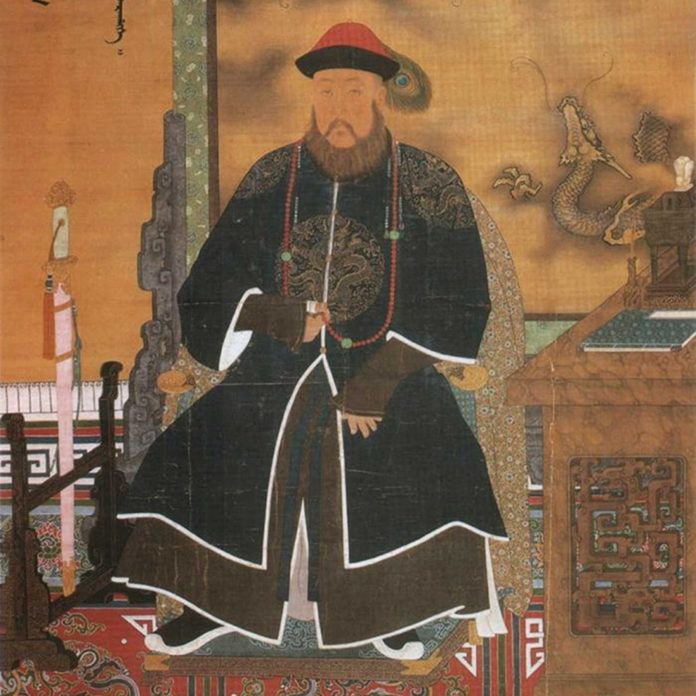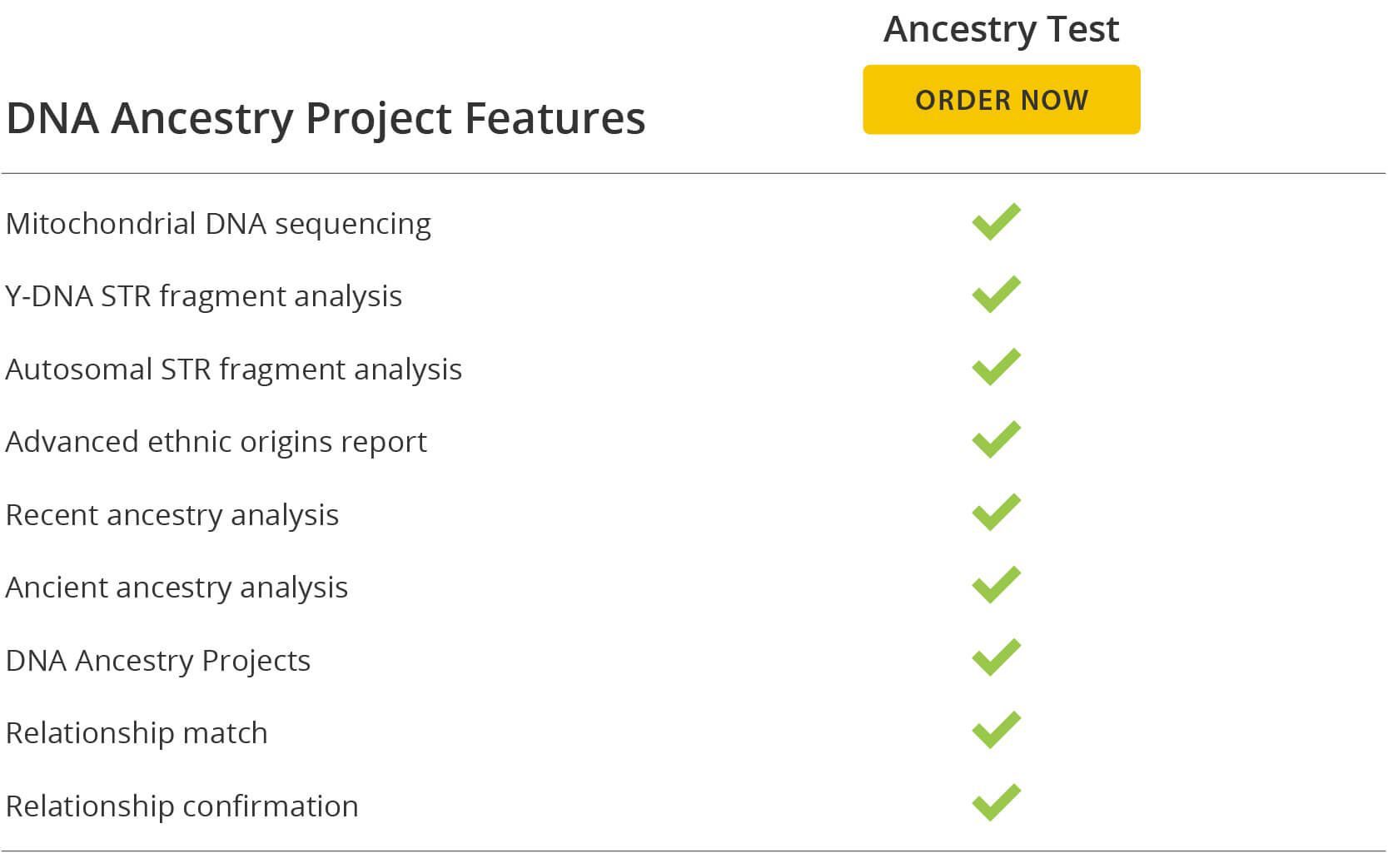The Qing dynasty was the last dynasty in Chinese history, ruling China from 1644 until the Xinhai Revolution in 1911-1912. This dynasty was a multi-cultural empire that gained control of a large area, which is now the modern Chinese state. The imperial family (or clan) of the Qing dynasty was the House of Aisin Gioro. This clan was the founder of the Manchu people, originating from Jurchen and Mongolian tribes.
Why was a genetic analysis of the Qing dynasty conducted?
Genetic analyses of descendants of the House of Aisin Gioro are beneficial for historical research of the Qing dynasty, help to disprove or confirm rumors of the true parentage of Qing leaders throughout history and determine genealogical relationships between certain tribes. Characterizing the genetic profile of the House of Aisin Gioro also allows current Chinese people to determine if they are biological descendants of this last Chinese dynasty.
What genetic analyses were conducted?
Surnames and genealogical records in East Asian populations generally follow the paternal lineage. Y-DNA is a type of DNA that always follows this paternal lineage, passing down from father to son without any recombination (or mixing) at each generation. Therefore Y-DNA analyses are very useful to trace and verify paternal lineages. A partial Y-DNA STR profile (15 STR markers) was obtained from three living paternal descendants from the House of Aisin Gioro. This Y-DNA STR profile along with select SNP analyses determined that these individuals (and hence the House of Aisin Gioro) belong to the haplogroup C3b2b1*-M401(xF5483).
DNA Database Comparisons







